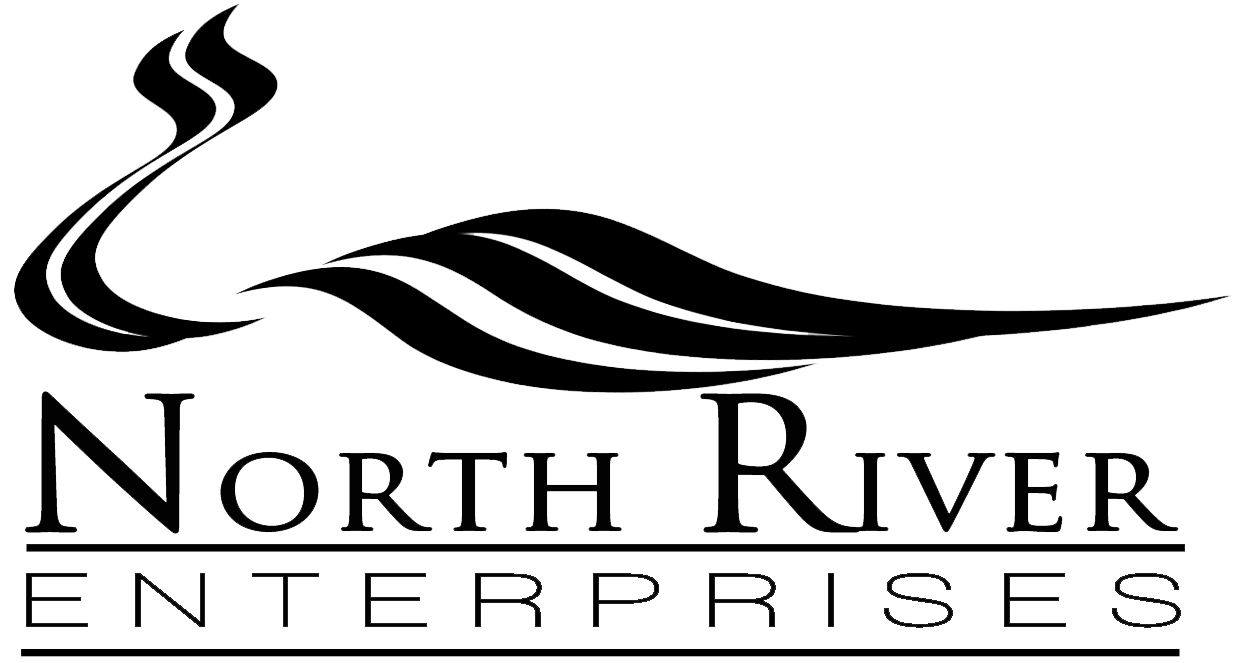What you need to know about the PURR Act of 2024…and no, this is not just for cat lovers!
The “Pet Food Uniform Regulatory Reform Act of 2024” or the “PURR Act” is legislation that is moving through Congress and expected to be signed into law. The legislation is intended to establish a uniform regulatory framework for pet food (dog and cat) in the US. Currently, the FDA-CVM (Center for Veterinary Medicine) is responsible for regulation of pet food in the United States, but the states also play a significant role.
The system for regulating animal food in this country has not been modernized since it was established approximately 100 years ago. Initially, the system was designed to regulate food for livestock and other animals intended to be food for human consumption. Over the years, pets have become members of our families and the food that we feed to them reflects their status as family members.
In 2011, Congress enacted the Food Safety Modernization Act (FSMA), which enhanced the food safety systems in place for animal food. There has been some communication from the Association of American Feed Control Officials (AAFCO) and individual state regulators discouraging the passage of the PURR Act. Some of the concerns mentioned refer to the ability of states to protect the safety of the animal food supply. Nothing will be changed regarding the federal or state FSMA requirements if the bill passes. The states will still have the ability to sample pet foods for quality and safety.
In August 2023, AAFCO voted to incorporate new regulations regarding how pet foods are labeled. This “Pet Food Label Modernization” was in the works for years and was driven by the understanding that the product details presented on pet food labels did not offer the consumer the information they needed to make decisions about the right food for their pets. This new label format will be codified into federal law if the PURR Act passes.
States collect fees from pet food companies as part of a licensing or registration process. Many states require that labels be submitted as part of the process of obtaining the license and/or registration. If a state takes issue with a claim or an ingredient, a single state can deny registration for a particular product. This prevents the food from being sold in that state. Pet food companies often have to make costly label updates to satisfy a single state when no other state takes issue with the label information. These costly changes can lead to price increases that we see when we purchase pet food.
One goal of this legislation is to eliminate the state label review process. States will still be able to collect fees for licensing and registration, but will not be able to make a denial because of individual regulator interpretations of regulations. As mentioned above, labeling requirements will be codified into federal law and all pet food packaging will have to comply with the law.
In addition, the entire Chapter 6 of the AAFCO Official Publication will also be codified into law if the Act passes. This chapter lists acceptable ingredients to be included in animal foods, including pet foods. In addition to official AAFCO definitions, this chapter includes FDA GRAS ingredients. Not all states accept the GRAS ingredients as being acceptable for pet foods, leading to the inability to use certain ingredients that may be beneficial for the pets eating the food. Because this entire chapter will be incorporated into federal law, pet food companies will have the ability to use any ingredient that has been determined to be safe for use in pet food by the FDA.
A particular challenge in the pet food industry is the approval of new ingredients, some of which may have significant nutritional benefits for the pets consuming them. There are several pathways to obtaining approval for a new ingredient, but all pathways are lengthy and costly. While the need to prove that an ingredient is safe in a particular species and for a particular purpose won’t be eliminated (a significant part of the time and expense), the FDA will be required under this law to review new ingredient submissions within 90 days.
Overall, the PURR Act of 2024 aims to modernize and clarify the regulation of pet food, to ensure national uniformity in standards and support growth and innovation in the pet food industry while maintaining safety and nutritional quality.
